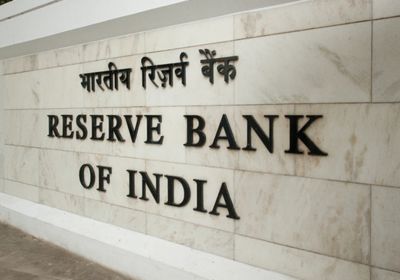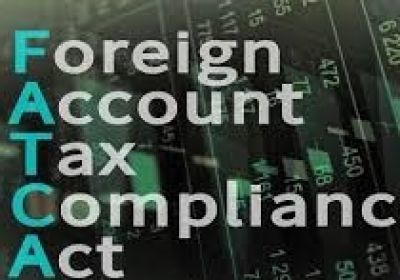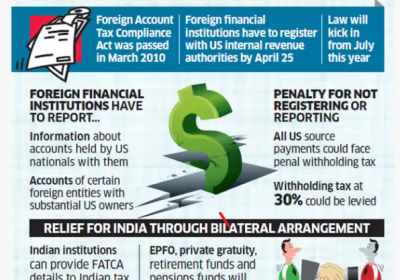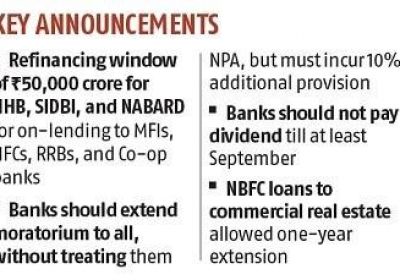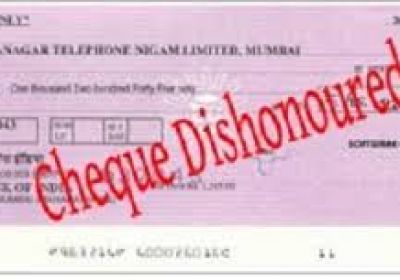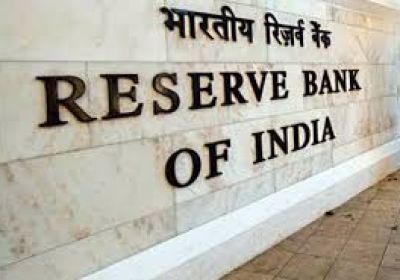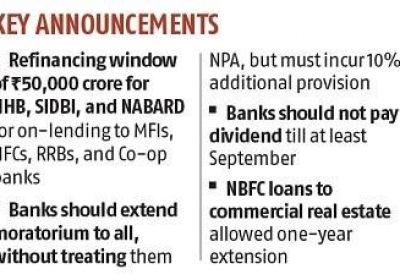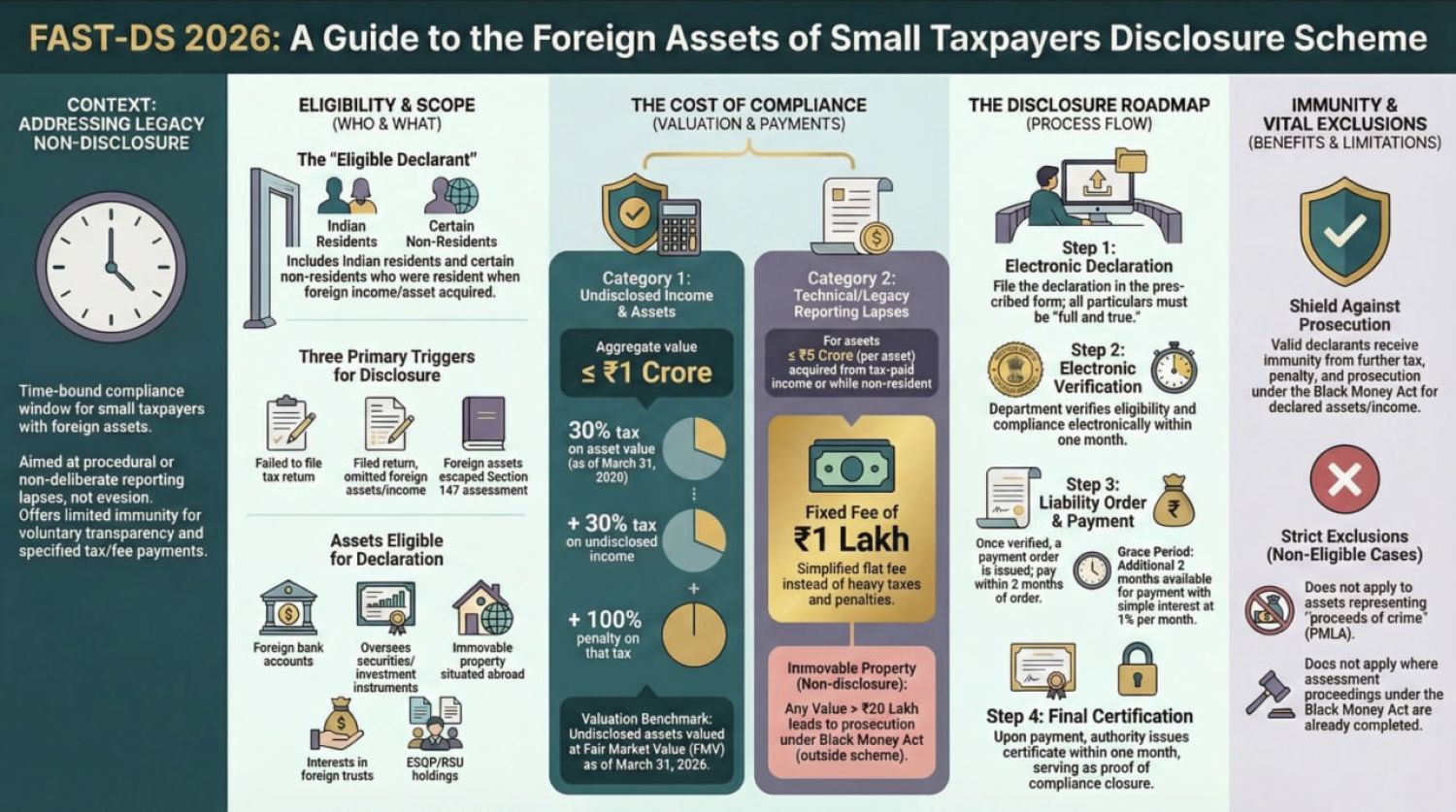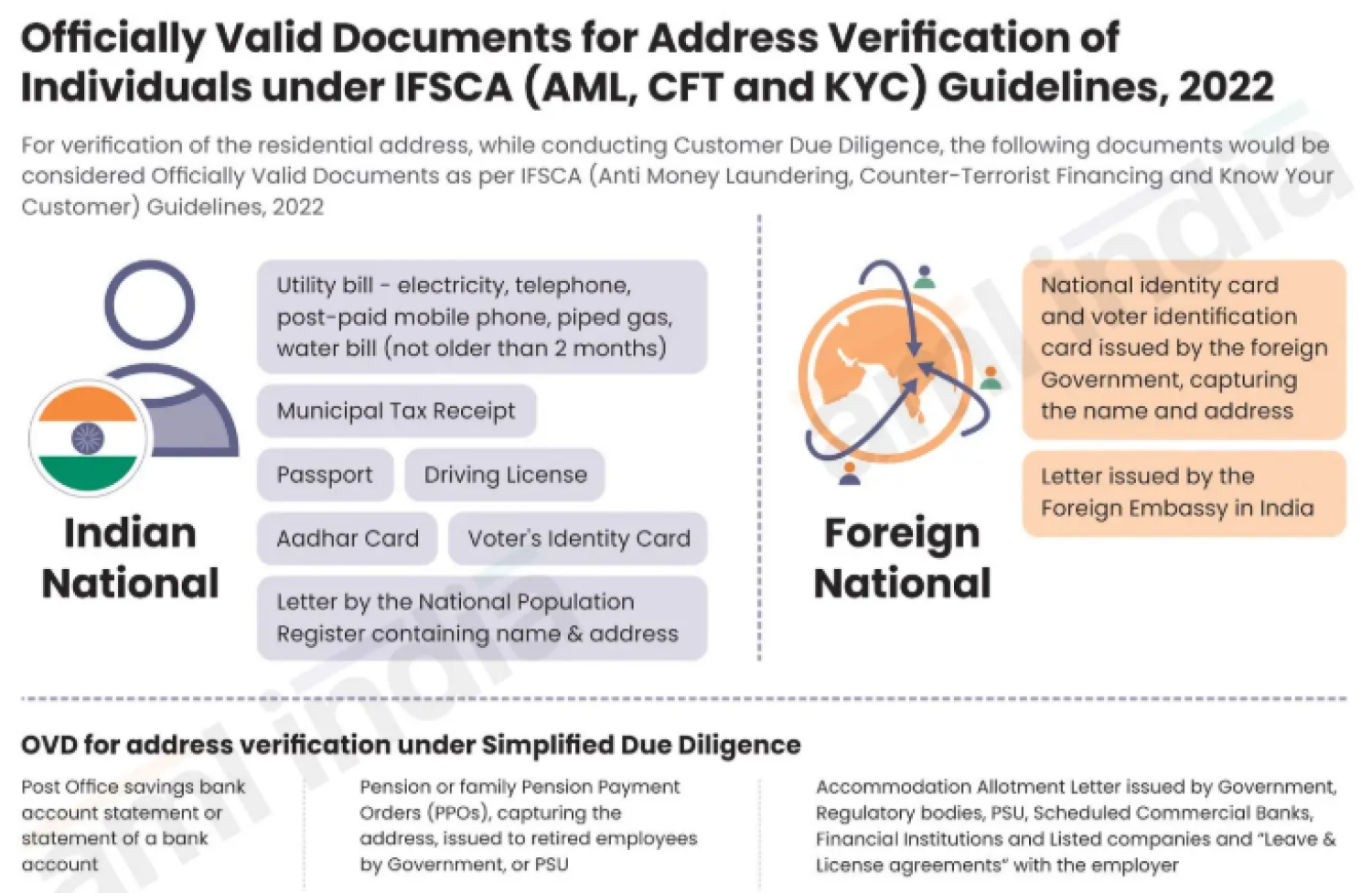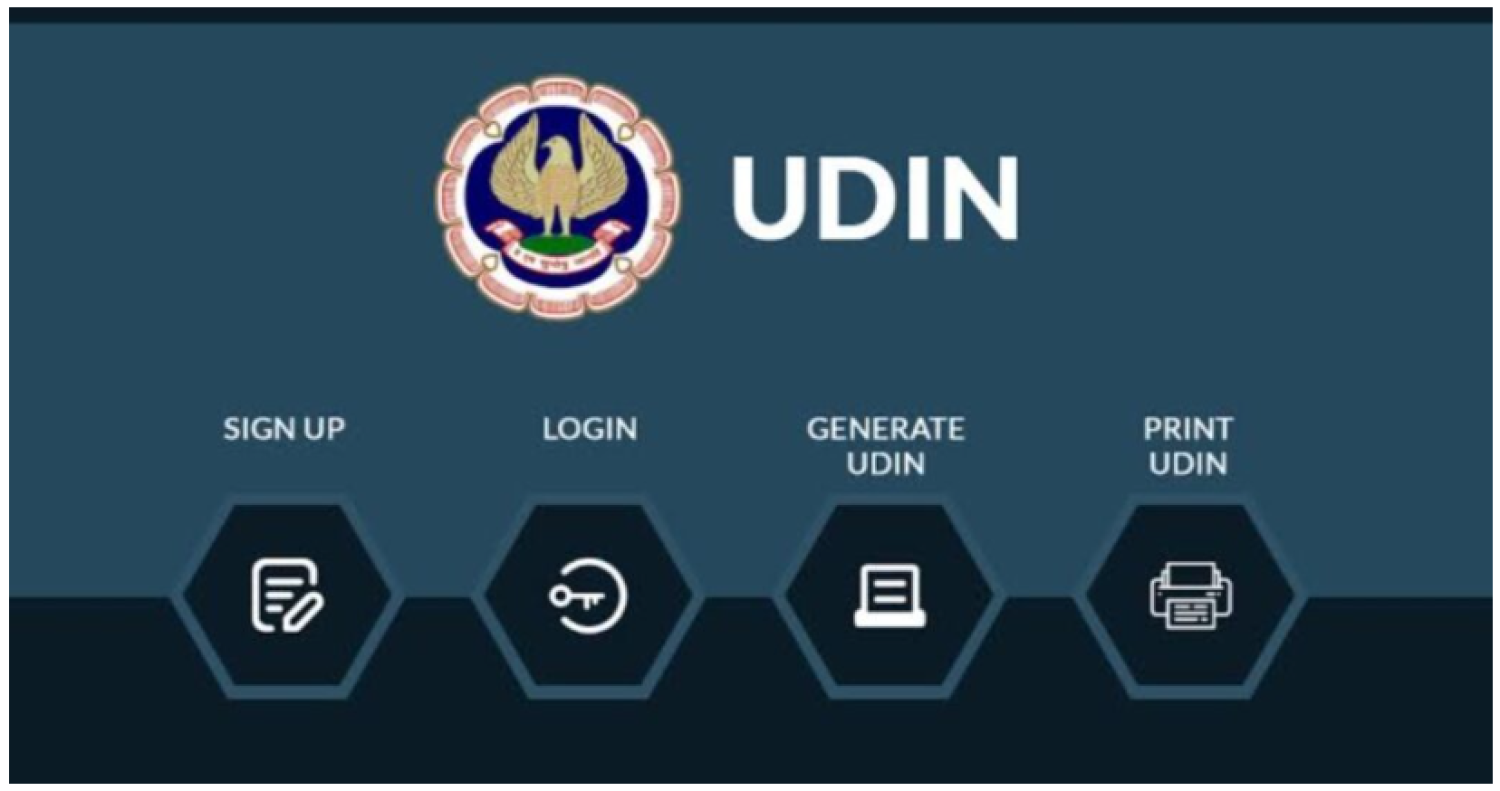Table of Contents
- Rbi Guidelines On Appointment / Re-appointment Of Statutory Auditors Of State Co-operative Banks & Central Co-operative Banks
- Key Highlights Of The Rbi Circular Rbi/2023-24/113, Dated January 15, 2024 On Appointment / Re-appointment Of Statutory Auditors Of State Co-operative Banks & Central Co-operative Banks :

RBI Guidelines on Appointment / Re-appointment of Statutory Auditors of State Co-operative Banks & Central Co-operative Banks
The RBI Circular dated 15 January 2024 provides comprehensive guidelines on the appointment and re-appointment of Statutory Auditors for State Co-operative Banks and Central Co-operative Banks. These guidelines are effective from April 1, 2024, and apply to accounting periods commencing on or after that date. Professional Development Committee of ICAI regarding the Draft Panel for Appointment/Re-appointment of Statutory Auditors for State Co-operative Banks and Central Co-operative Banks for FY 2025-26, based on the latest RBI guidelines:
Key Highlights of the RBI Circular RBI/2023-24/113, dated January 15, 2024 on Appointment / Re-appointment of Statutory Auditors of State Co-operative Banks & Central Co-operative Banks :
- Legal Framework : Based on the Banking Regulation (Amendment) Act, 2020, which came into force for Rural Co-operative Banks on April 1, 2021. RBI invokes powers under Section 30(1A) of the Banking Regulation Act, 1949 to issue these guidelines.
- Requirement of RBI’s Prior Approval : Mandatory for appointment, re-appointment, or removal of Statutory Auditors. Applications must be submitted before July 31 of the relevant financial year.
- Use of MEF (Multipurpose Empanelment Form) : ICAI used the Multipurpose Empanelment Form panel for 2024–25 as the base. Categorization done as per RBI norms: Category A, B, and C audit firms.
- Category Classification : Applicants may view their categorization as Category A, B, or C, as per the RBI’s eligibility norms for the appointment/re-appointment of Statutory Auditors of StCCBs and CCBs.
- Audit Firm Selection Process : ICAI compiles and prepares the draft panel based on RBI eligibility norms. ICAI forwards the panel to NABARD. NABARD shares the list with banks. Banks select SAs only from this panel after obtaining prior RBI approval.
- Grievance Redressal Mechanism : Observation/complaint window open till: June 7, 2025.
- Applicants may View panel/category at: http://meficai.org
- Submit grievances at: https://app.meficai.org/complaints
- Draft Panel will remain available for review till June 7, 2025 : Draft Panel for Appointment / Re-appointment of Statutory Auditors of State Co-operative Banks (StCCBs) and Central Co-operative Banks (CCBs) for the financial year 2025–26 has been hosted on the official portal at 🔗 https://meficai.org . This draft panel has been prepared based on the Multipurpose Empanelment Form (MEF) for 2024–25, in accordance with the latest guidelines issued by the Reserve Bank of India (RBI) via Circular No. RBI/2023-24/113 dated January 15, 2024.
- Post-Grievance Process : Final panel will be sent to NABARD after June 7, 2025, once all issues are resolved. Banks must not appoint or reappoint auditors without RBI approval. Appointment must comply with Tenure limits, Rotation policy, Cooling-off norms, Audit independence. ICAI reaffirms commitment to transparency and objectivity in SA appointments for the cooperative banking sector.
- Process Overview: NABARD will obtain a list of audit firms from ICAI, apply eligibility filters, and share the approved list with banks. Banks must select auditors from this list and submit proposals to RBI for approval.
- Eligibility Criteria : Based on asset size as of March 31 of the preceding year, minimum requirements include:
- Number of full-time partners.
- Fellow Chartered Accountant (FCA) partners,
- Qualified CISA / DISA / ISA professionals
- Audit and statutory audit experience
- Minimum professional staff (Refer to Appendix I for detailed matrix)
- Tenure and Rotation :
- Statutory Auditors appointed for 1 year, extendable up to 3 consecutive years.
- Cooling-off period of 6 years after serving full/part tenure before reappointment in the same bank.
- Independence and Conflict of Interest : Concurrent auditors or firms providing non-audit services within a year are disqualified. No sub-contracting or shared audit assignments allowed. Auditors must report lack of cooperation from bank management.
- Audit Limits : An audit firm can: Audit a maximum of 5 State Co-operative Banks or Central Co-operative Banks, with only 1 State Co-operative Banks. Not audit both State Co-operative Banks and CCB in the same State. The overall cap includes audits for Commercial Banks, NBFCs, UCBs, AIFIs, etc., as per 2021 SCA guidelines.
- Audit Fee Guidelines : Fee to be reasonable and commensurate with size, risk, complexity, etc. Finalized by the Board / ACB of the bank.
- Other Requirements: Bank must have a Board-approved audit policy. Language proficiency in the local language of the bank's region is preferred. SAs should be familiarized with RBI regulations before audit begins.
- Forms & Documentation : Form B: Auditor’s eligibility certificate. Form C: Bank's certification of the auditor’s eligibility. Application to be sent to RBI’s DoS, along with board resolution and other annexures.
- Grievance Redressal : In case of any observations or concerns regarding the draft panel, applicants may Submit queries or complaints online at: https://app.meficai.org/complaints Or contact the following officials: Ms. Priya Duggal / Ms. Garima Khurana – 92055 59866 or Mr. Manish Bhardwaj – 92055 59865
- Complete RBI circular

